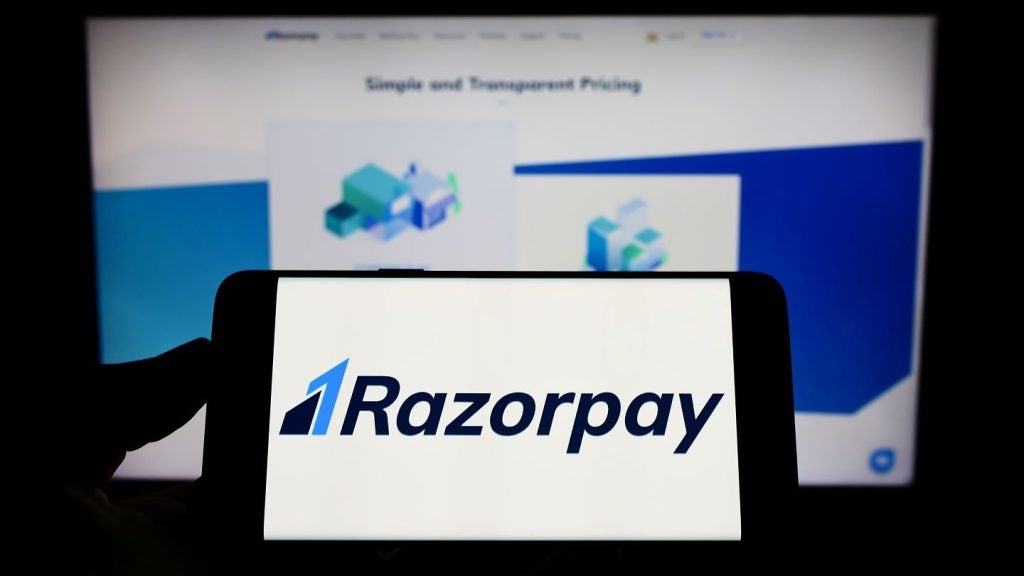A report from Paysafe and Clifford Chance entitled ‘A green future: How the crypto asset sector can embrace ESG’ recognises that as the relationship between ESG and fintech increases, a comprehensive approach to regulation is necessary to ensure that policy initiatives are aligned and reinforce each other.
Report takeaways include:
Collaboration with the wider financial services and payments industry
The financial services, payments and crypto industry face many similar challenges in relation to ESG and climate-related risks. It is key that these industries find a way to collaborate to develop and strengthen net zero commitments and responsible social and governance conduct.
Consistent metrics
Regulatory and governmental bodies should encourage the consistent use of metrics to allow greater consistency across jurisdictions and industries. Consumers and businesses are seeking to incorporate ESG into everything they do. As such, it would be sensible for ESG metrics to support comparable rules across industry sectors and jurisdictions, aligning with global standards and support. Regulatory and governmental support here is essential.
Transparency
Investors in crypto assets should be able to easily make ESG-informed decisions from the outset of their crypto activities.
The absence of comparable and transparent metrics in these areas create challenges.

US Tariffs are shifting - will you react or anticipate?
Don’t let policy changes catch you off guard. Stay proactive with real-time data and expert analysis.
By GlobalDataThe report authors encourage token issuers as a point of good practice to provide information where possible on the ESG metrics of their project(s) for ESG-conscious investors. Any metrics should directly feed into the wider climate transition objectives such as net zero and could include the following data:
Environmental
- Annualised electricity consumption – from the previous year or a projection (for Layer 1 blockchains)
- Total electricity used per transaction (per block)
- Annualised carbon emissions (for Layer 1 blockchains)
- The type of consensus mechanism of the blockchain
- Initiatives planned / performed by the blockchain or token regarding their carbon footprint / levels.
Social and Governance
- How does the project support measure for equality, diversity and inclusion?
- What, if any, are the supply chain modern slavery and/or human rights risks?
- Does the project contain a social impact element?
- Are there any elements of the project that present conflicts of interest?
To encourage shifts to more energy-efficient processes, the report suggests that incentives, rather than restrictions, should be used.
The metaverse
The report recommends that businesses operating in the metaverse to embed ESG conditions and principles with an emphasis on social inclusion and responsible governance.
The metaverse is first and foremost community driven, meaning that social inclusion and effective governance through responsible standards and oversight will be required if it is to evolve responsibly.
The report supports the work of the Metaverse Standards Forum30 and other bodies which are seeking to enable responsible growth and address the risks of consumer protection, online harm, and data privacy.
The appointment of a specialist ESG and Technology Minster
Finally, the report authors encourage the UK Government to appoint a specialist ESG and Technology Minister who will be able to support the embedding of ESG in the foundations of new technologies in the UK.







